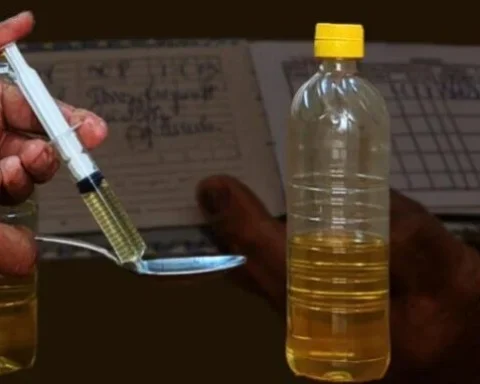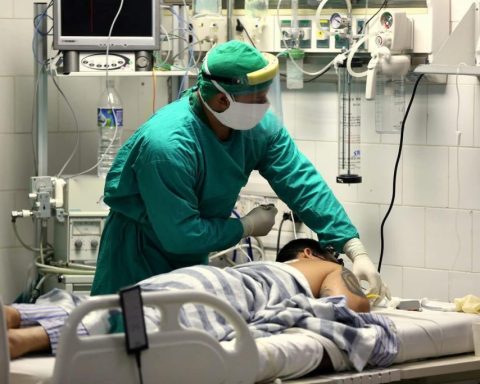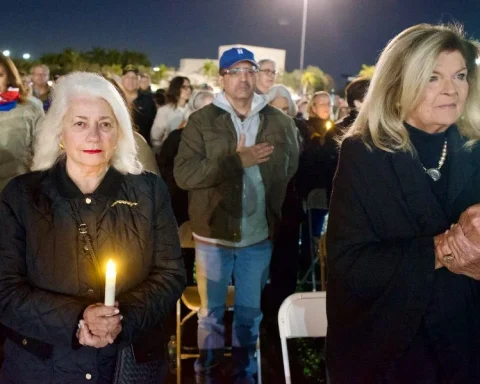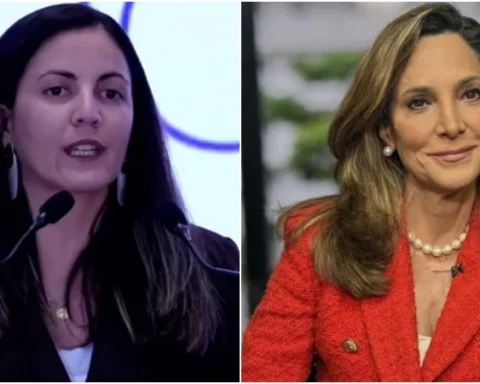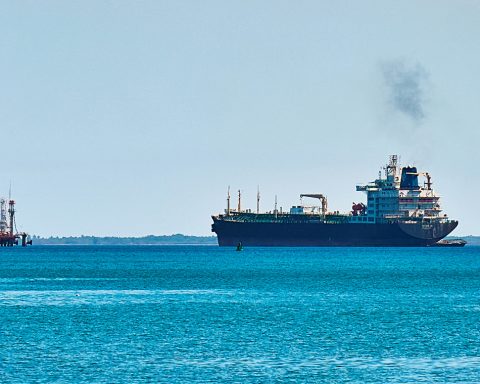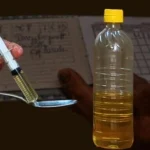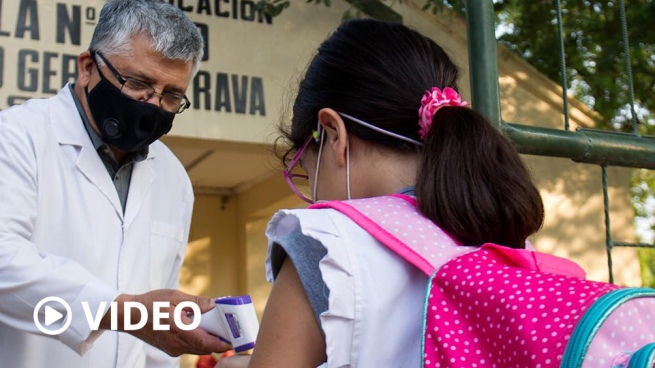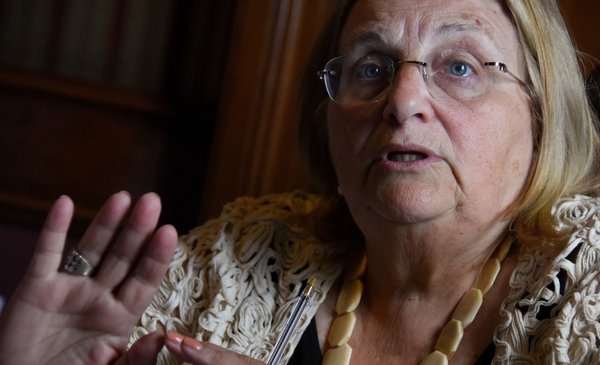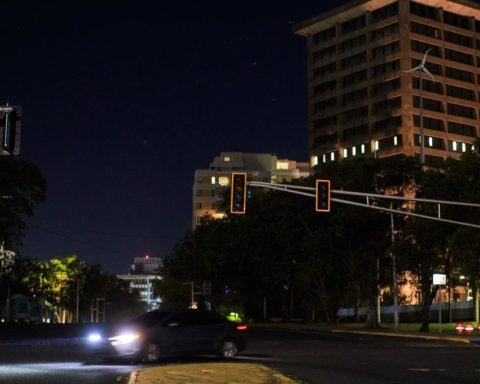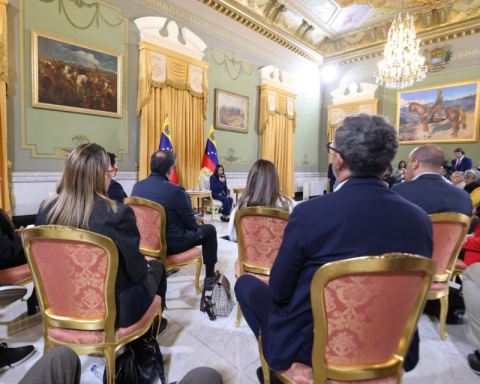While awaiting recognition from the World Health Organization (WHO), Cuba today shows the best tangible evidence of the efficacy of its own vaccines, its population.
A documentary premiered in Spain presents the anonymous Cuban heroes, creators of five vaccine candidates against Covid-19, three of them approved and architects of the drastic reduction of the disease on the Caribbean island.
Cuba presents its vaccine creators in Spain
Soberanía is the name of the 57-minute feature film, the work of filmmaker Alejandro Gil, who has already won notable international recognition with Inocencia, the film that summarizes the unjust execution of eight medical students in Cuba during the time of Spanish colonialism.
Told with elegance, taking care not to repeat commonplaces to favor the passion of scientists, the film is a forceful testimony of the solidity of Cuban medicine based on its own results in curbing the pandemic.
In the exhibition of the documentary at the Ateneo de Madrid, the Cuban ambassador to Spain, Marcelino Medina, referred to the strategic vision that the historical leader of the Revolution, Fidel Castro, had to project, since 1981, the development of what is today the Polo Scientific.
The diplomat recalled that the Cuban population is covered by vaccines for 13 diseases, eight of which are national, which explains to a certain extent the capacity of the Caribbean nation to have successfully faced the challenge of creating a serum against Covid-19.
“And it was not one, but five, with an extraordinary level of commitment from the scientific community to ensure that at this time we have 10 million 599 thousand people with at least one dose and nine million 868 thousand with a complete regimen; and also to children from two to 18 years old”, commented Medina.
Abdala, the most advanced, along with Soberana 02 and Soberana plus, are currently undergoing the WHO accreditation and approval process, while Mambisa and Soberana 01 improve the quality of their trials.
“We did not make five vaccine candidates because we wanted to have many; rather, we begin to work looking for all the existing potentialities until we come up with something effective. If we manage to make it five, welcome”, commented doctors, researchers, laboratory technicians and technicians involved in the projects.
Without fanfare, specialists from the Finlay Institute, the Center for Genetic Engineering and Biotechnology and Biocubafarma highlighted the more than 30 years of experience in the design, creation and search for vaccines and drugs against different diseases.
A report from the Pan American Health Organization a few years ago, at the request of the WHO itself, recognized:
“Cuba has successfully developed its health technology production capacity to maintain its national health system, recognized worldwide for achieving universal coverage.”
“This is evidenced in the health indicators achieved (…) it has become a world leader in the south-south transfer of technology, helping low-income countries to develop their own capacities (…) in the fight against diseases such as meningitis B and hepatitis B.
